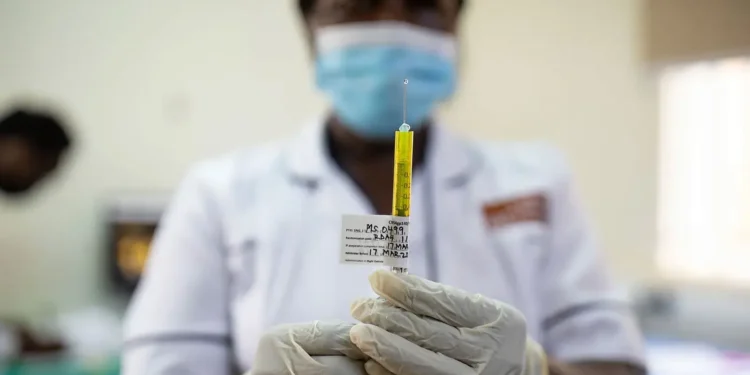Following the decision of the independent data monitoring committee (IDMC), the PrEPVacc HIV prevention project, which evaluated novel oral pre-exposure prophylaxis (PrEP) for HIV and experimental vaccine regimens, has stopped administering fresh immunizations.
The committee concluded that there was little to no chance that the 1,500 volunteer participants in East and Southern Africa would show that the vaccine was effective in preventing HIV acquisition.
The study’s vaccination component has been discontinued, but the IDMC suggested that the oral PrEP experiment should go on. Following the final injection of the vaccine or the conclusion of the oral PrEP study, whichever comes first, all participants will go through a six-month follow-up period that will involve HIV testing, further safety data gathering, and referrals for continued care.
Enrolling 13% of men and 87% of women between the ages of 18 and 40, the study was held in Masaka, Uganda; Mbeya and Dar es Salaam, Tanzania; and Durban, South Africa.
Following an IDMC evaluation of data to October 2, 2023, the immunization program was put on hold. On November 22, the program was permanently discontinued. Trial directors are actively informing participants, nearby communities, interested parties, and ethics and regulations committees of this decision.
Developed by African researchers with assistance from European scientists, PrEPVacc consists of three trials that evaluate various combinations of the HIV vaccine as well as two oral PrEP formulations.
The project’s largely female study population is still being evaluated for the PrEP medications Descovy ©️ and Truvada ©️, despite the cessation of vaccines due to efficacy concerns.
Leaders of the study are still hopeful about HIV prevention tactics in the future, despite the setback. Anticipated in mid-2024, the complete trial data seek to offer significant perspectives on possible HIV prevention interventions.
Even while the first results raise questions about the efficacy of this generation of HIV vaccinations, scientists are nonetheless dedicated to exploring novel preventive strategies and producing the next generation of HIV researchers.

















